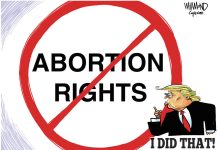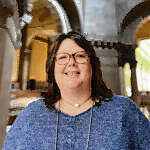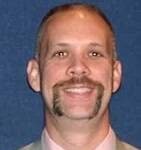From: Dr. R. Andrew Robertson
Columbus
I enthusiastically applaud Sheila Suess Kennedy’s call for a revival of civility in American social and political discourse. I wish I could share her optimism on the matter. The evidence, though, looks dim for this prospect, especially regarding the generation just now maturing.
Political scientist April Kelly-Woessner shows that compared to those in their 40s, people in their 20s and 30s are less tolerant of groups they dislike. It happens that they dislike different groups than do older cohorts, but their intolerance is indeed greater.
As an example, in the 2012 General Social Survey 43 percent of respondents in their 40s said that a radical Muslim clergyman should not be allowed to give a public speech in their community. For those in their 30s this response rose to 52 percent and to 60 percent for those in their 20s.
Kelly-Woessner goes on to point out that intolerance is correlated with a “social justice” orientation for those under age 40, but not for those over that age. She then argues that intolerance itself is being reclassified as a social good. Finally, she notes that those who are intolerant of one group tend to be intolerant of others and of political communication in general.
Many more interesting details on this can be found in Kelly-Woessner’s chapter of “The End of the Experiment: The Rise of Cultural Elites and the Decline of America’s Civic Culture,” or by following the blog at the website for Heterodox Academy.
By the way, education does not seem to matter here. Maxine Najle, at the University of Kentucky, has found that higher education teaches people how much intolerance can be politely expressed, but it does not seem to produce higher tolerance. (Again, see Heterodox Academy.)
I do not counsel despair regarding the recovery of civility, but we should know that the task will be daunting. Courage and firm resolution will be required of its advocates.




